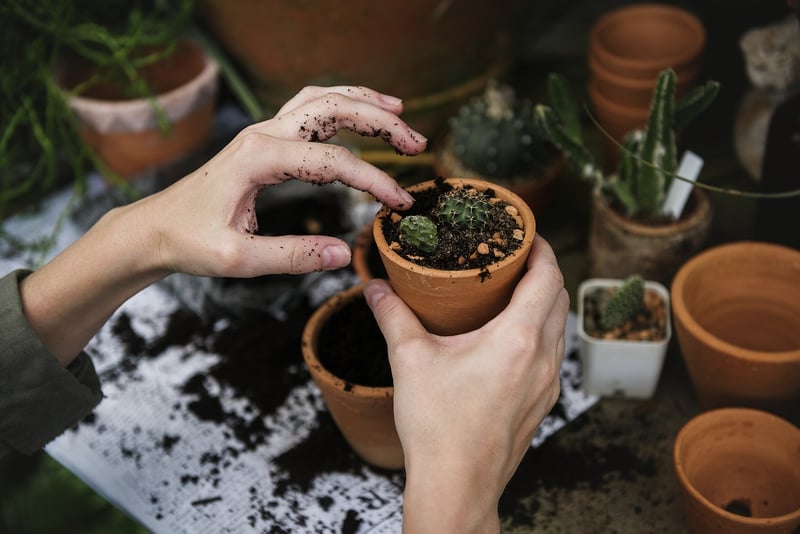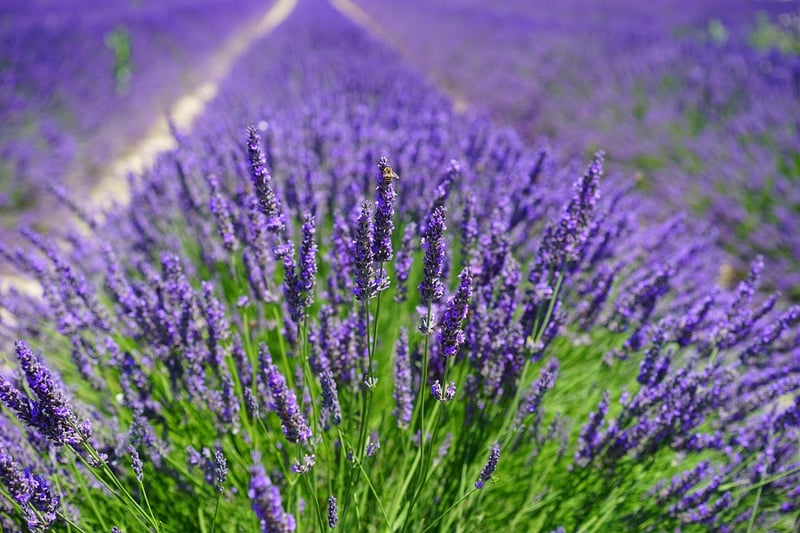Medicinal Herbs
Cultivating Herbs for Various Uses
Herbs are not only a great way to add flavor to your dishes but also have numerous medicinal benefits. Cultivating herbs at home is a rewarding and sustainable practice that allows you to have fresh herbs at your disposal whenever you need them. Whether you have a spacious garden or a small balcony, growing herbs is a versatile and enjoyable activity. Let's explore how you can cultivate herbs for various uses.
1. Choosing the Right Herbs
Before you start your herb garden, consider the herbs you use most frequently in your cooking or those that have medicinal properties you wish to benefit from. Some popular herbs for cultivation include:
- Rosemary
- Basil
- Mint
- Lavender
- Thyme
- Parsley
2. Providing the Ideal Growing Conditions
Most herbs thrive in well-draining soil with adequate sunlight. Ensure your herbs receive at least 6-8 hours of sunlight daily. If you are growing herbs indoors, consider using grow lights to supplement natural light.
3. Watering and Maintenance
Herbs generally prefer slightly moist soil. Water your herbs when the top inch of soil feels dry to the touch. Avoid overwatering as it can lead to root rot. Regularly prune your herbs to encourage new growth and prevent them from becoming leggy.
4. Harvesting Herbs
Harvest your herbs regularly to promote bushier growth. Pick herbs in the morning when their essential oils are most concentrated. Use sharp scissors to snip off the stems rather than pulling the leaves off, as this can damage the plants.
Medicinal Herbs
Aside from culinary uses, many herbs have medicinal properties that have been utilized for centuries. Incorporating medicinal herbs into your garden can provide you with natural remedies for various ailments. Some common medicinal herbs include:
- Chamomile: Soothes digestive issues and promotes relaxation.
- Peppermint: Relieves indigestion and soothes headaches.
- Calendula: Aids in wound healing and soothes skin irritations.
- Echinacea: Boosts the immune system and helps fight off colds.
- Valerian: Promotes sleep and reduces anxiety.
By cultivating these medicinal herbs, you can create your own herbal remedies or teas to support your well-being naturally.
Conclusion
Cultivating herbs for various uses, whether culinary or medicinal, is a fulfilling and sustainable practice. With the right knowledge and care, you can enjoy a bountiful herb garden that not only enhances your cooking but also provides natural remedies for common ailments. Start your herb garden today and reap the benefits of these versatile plants!

